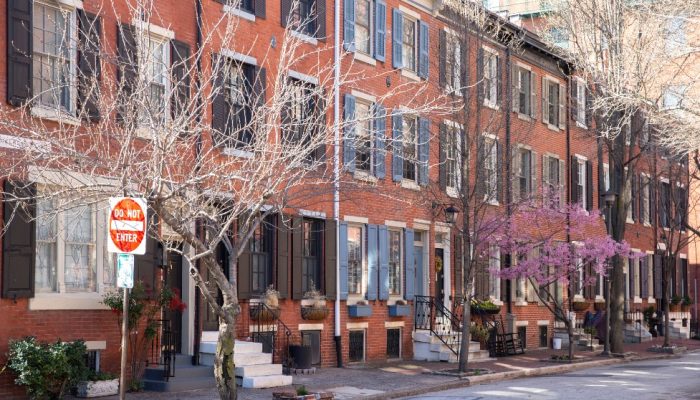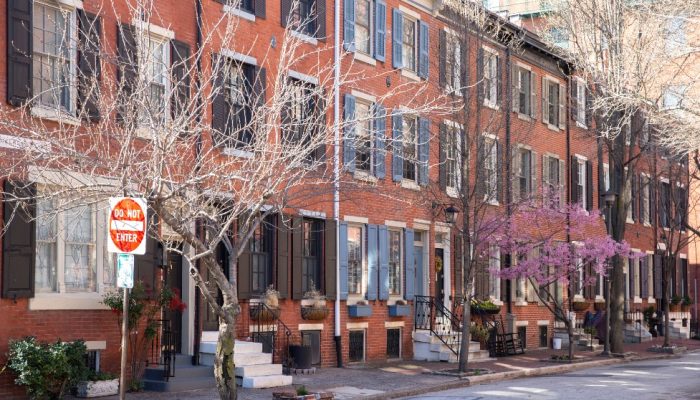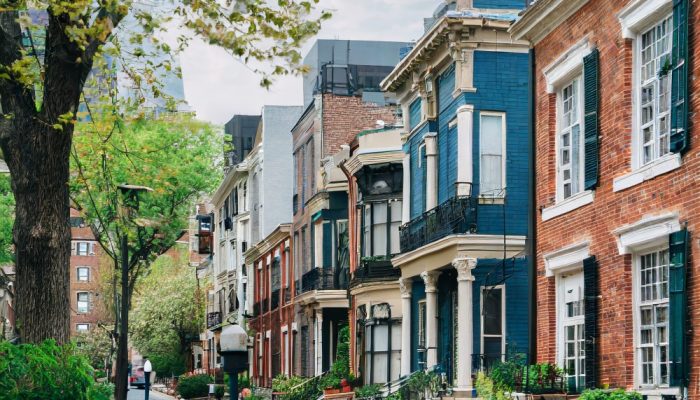Own or plan to own a property in Philadelphia? Keep in mind that you must pay the City’s Real Estate Tax. Even if you only have a legal interest in the property, you should still make sure the tax is paid. Below are some real estate tax basics every Philly property owner should know:
The tax rate
The current Real Estate Tax rate is 1.3998%. The rate hasn’t changed since 2016 and will remain the same in 2025. The tax rate is determined by two separate taxes imposed on all real estate in Philadelphia: one by the City and one by the School District. The City rate for the 2025 tax year is 0.6159%, and the School District rate is 0.7839. Visit our website to view a list of historical tax rates.
Property assessments
Property taxes are calculated every year based on an assessment of your property by the Office of Property Assessment (OPA). Assessments are based on several factors, including size, location, and condition.
The 2025 assessments will be released soon. If you get yours, multiply it by the tax rate (1.3998%) to estimate your 2025 bill or visit property.phila.gov to learn more. Property taxes are paid annually on March 31. Keep reading to learn several ways to reduce your bill.
Do you have a mortgage?
The Department of Revenue mails Real Estate Tax bills every December. If you have a mortgage, it is likely that your taxes are already included in your monthly payments. So, you won’t get a bill from us directly. In the absence of a mortgage or if your mortgage company doesn’t collect and pay the tax for you, you’re responsible for paying it by the March 31 deadline.
Multiple ways to reduce your bill
You can lower your bill by applying for help. Owners who live in their properties can take advantage of several relief programs, even if they have a mortgage. Examples include the Senior Citizen Tax Freeze, Active Duty Tax Credit (for military servicemembers), and the Longtime Owner-Occupants Program (LOOP).
The newly approved Low-Income Real Estate Tax Freeze program is another great way to reduce your bill. This program is still being developed. Stay tuned to our website for updates.
Even better, all homeowners qualify for the Homestead Exemption. Starting in 2025, the exemption will reduce a property’s assessed value by $100,000. This will save most homeowners about $1,399 a year. Simple as that, no catch! Sadly, some homeowners aren’t taking advantage of this tax-saving program. It only takes a few minutes to apply for the program online. Apply once and it’s done!
Late or missed payment?
It’s best to pay your taxes on time. You can apply for an Owner-Occupied Payment Agreement (OOPA) if you can’t pay in full. Past-due bills accrue monthly interest and penalties. Things can get even more complicated if you don’t pay or enroll in a payment plan by December 31.
What if you don’t qualify for relief?
If you don’t qualify for any of the relief programs, you should call (215) 686-6442 and ask about setting up a payment plan. We offer a range of options with flexible terms that can help you stay current.
What if your home’s deed isn’t in your name?
Even if your name isn’t on the deed, you may still qualify for our programs if you can prove you have a legal interest in the home. This way, you can benefit from our OOPA program. We may even cross-enroll you in other programs such as the Homestead Exemption or Senior Tax Freeze. Read this blog post for more tips.




